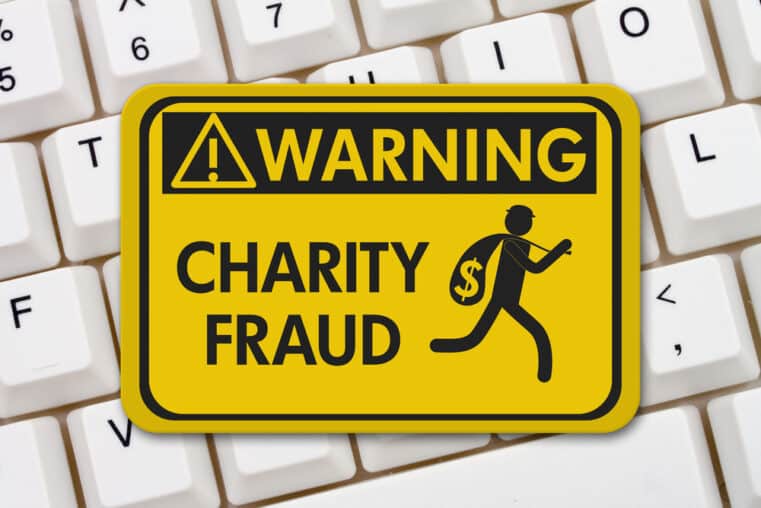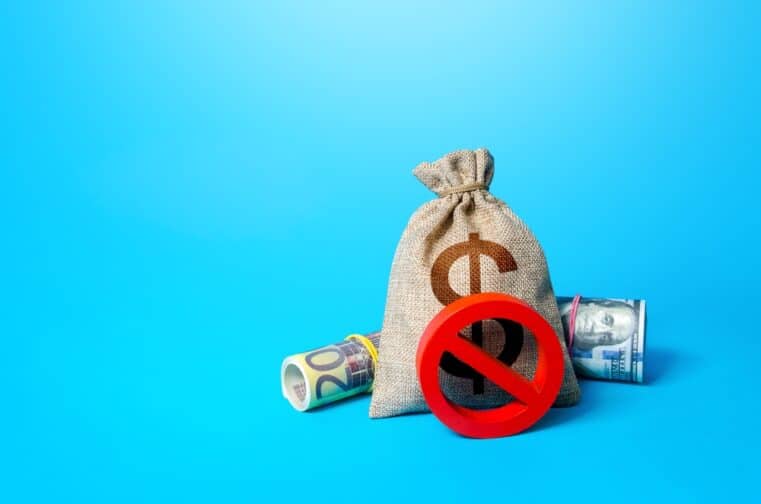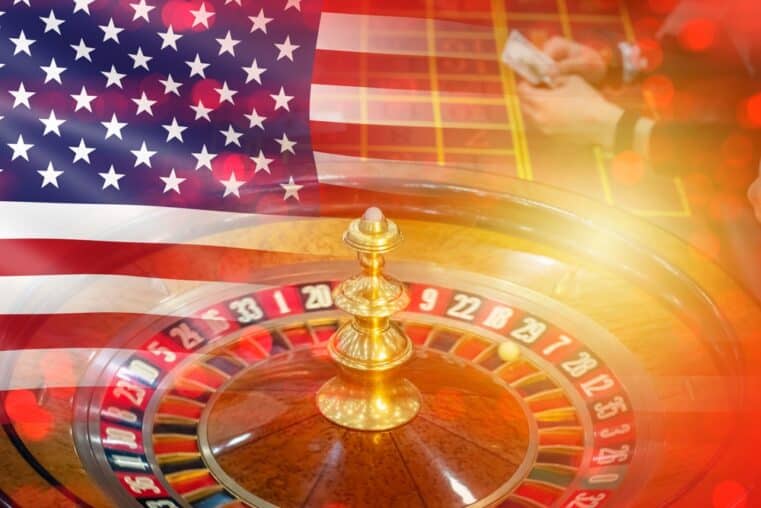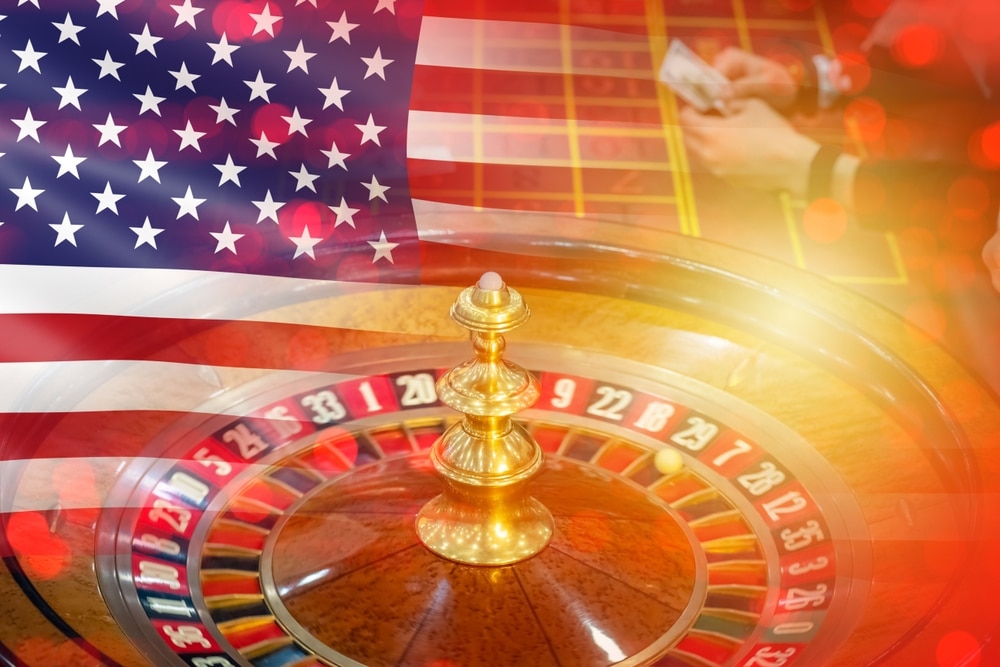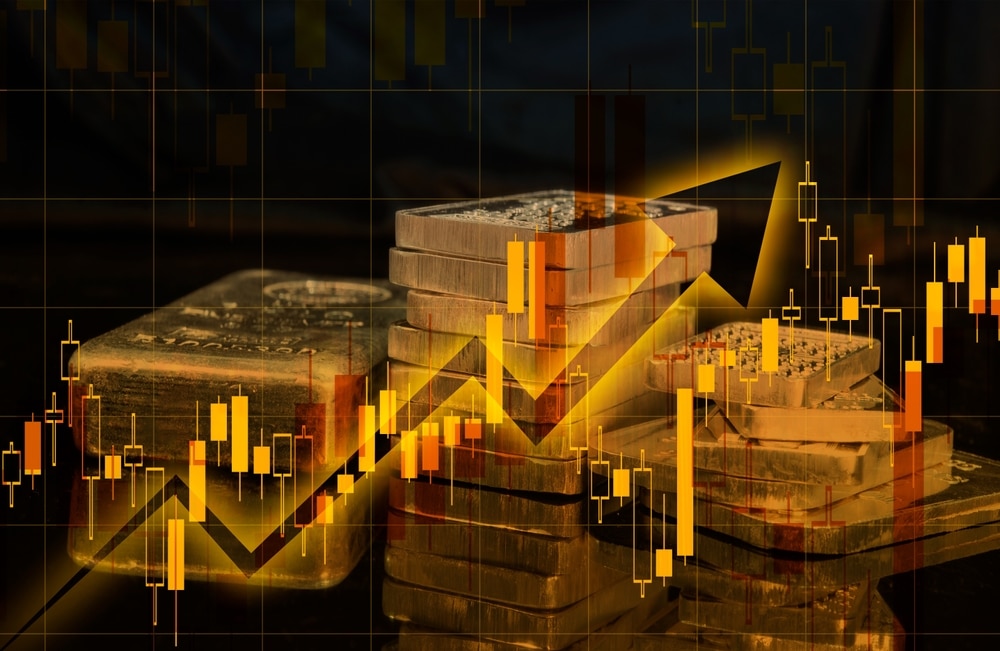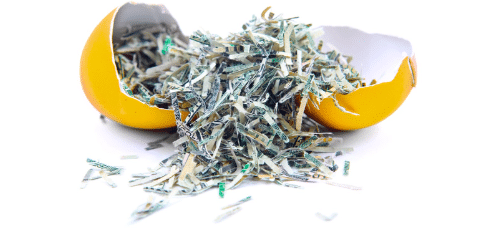
Eggflation: A Symptom of Bigger Economic Pain to Come in 2025?
Egg prices have soared over the past year, and if the alarming trends persist, consumers could face elevated costs well into 2025. The culprit? A perfect storm of supply chain disruptions, relentless inflation, and the devastating effects of Highly Pathogenic Avian Influenza (HPAI), better known as bird flu.
As usual, the mainstream narrative stops short of connecting the dots, leaving consumers scrambling to cope with price hikes while ignoring the broader economic decay underpinning this crisis. Let’s dive deeper into the implications—and what it means for your wallet.
The Numbers Don’t Lie
According to data from the Consumer Price Index, grocery prices ticked up 0.5% in November, with eggs leading the charge. While prices for meat, poultry, fish, and other staples rose a modest 1.7%, egg prices surged a staggering 8.2%. Wholesale prices, meanwhile, jumped nearly 55%—a massive blow to retailers who must decide whether to absorb the cost or pass it along to you.
Kevin Bergquist, Sector Manager at Wells Fargo’s Agri-Food Institute, explained that egg prices have been inflated since 2023 due to seasonal factors and supply disruptions caused by bird flu outbreaks. Producers saw their flocks decimated in 2022, driving wholesale prices above $1.50 per dozen—compared to pre-pandemic lows of $0.70 to $1.00 per dozen.
What’s worse? Even as farmers rebuild their flocks, the pace of recovery isn’t keeping up with demand, meaning inflated prices are likely here to stay.
The Bigger Picture: Inflation and Manipulation
Dr. Michael Swanson, Chief Agricultural Economist at Wells Fargo, offers a critical insight into this crisis: grocery store pricing strategy. Retailers often treat staples like eggs as loss leaders to entice shoppers, but rising wholesale costs make this tactic unsustainable.
Translation: grocery chains can only subsidize lower egg prices for so long before margins collapse. When that happens, you’ll see another round of sticker shock at the supermarket—one of many ways inflation eats away at household budgets while the government downplays its true impact.
This isn’t just about eggs, though. It’s about a deeply flawed economic system that’s propped up by artificial liquidity and reckless monetary policies. Food inflation is yet another red flag in an economy teetering on the brink of crisis.
What Can You Do?
Rising egg prices are a symptom of a much larger disease: an overregulated, inflation-ridden economy. Waiting for the government or large corporations to “fix” the system is a fool’s errand. Instead, it’s time to take proactive steps to protect yourself and your assets.
Here’s where to start:
- Diversify into Tangible Assets – Inflation erodes purchasing power. Convert some of your savings into physical gold, silver, or other hard assets that retain value regardless of economic turmoil.
- Hedge Against Supply Chain Disruptions – Stock up on essential goods now to avoid paying inflated prices later. Eggs are just the beginning; expect similar patterns in other staples.
- Take Control of Your Financial Future – The banking system and fiat currency are not your allies. Learn how to protect your wealth by downloading Bill Brocius’ free guide, “Seven Steps to Protect Yourself from Bank Failure” here.
Egg prices may seem like a small inconvenience, but they’re a clear indicator of deeper systemic problems. Whether it’s bird flu, inflation, or supply chain disruptions, the end result is the same: higher costs and less stability for the average consumer.
Don’t wait for the next crisis to erode your purchasing power further. Download Bill Brocius’ guide today and start building a strategy to safeguard your wealth. Because if the system won’t protect you, it’s up to you to protect yourself.



